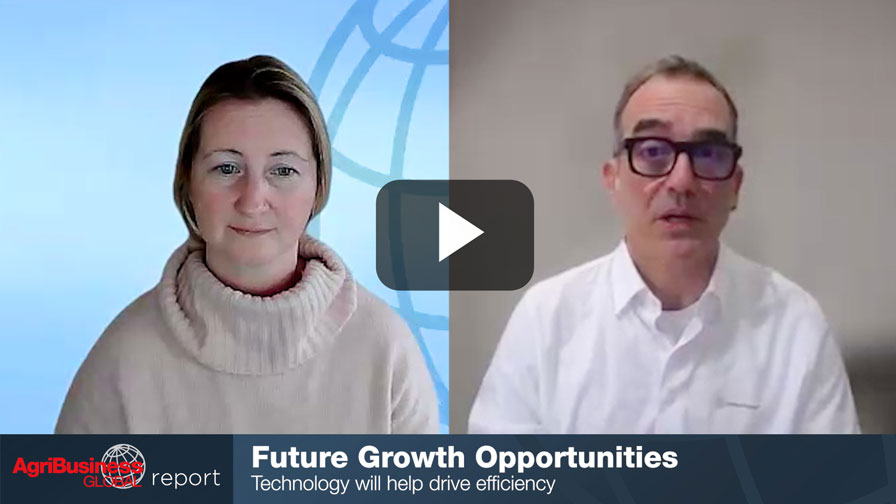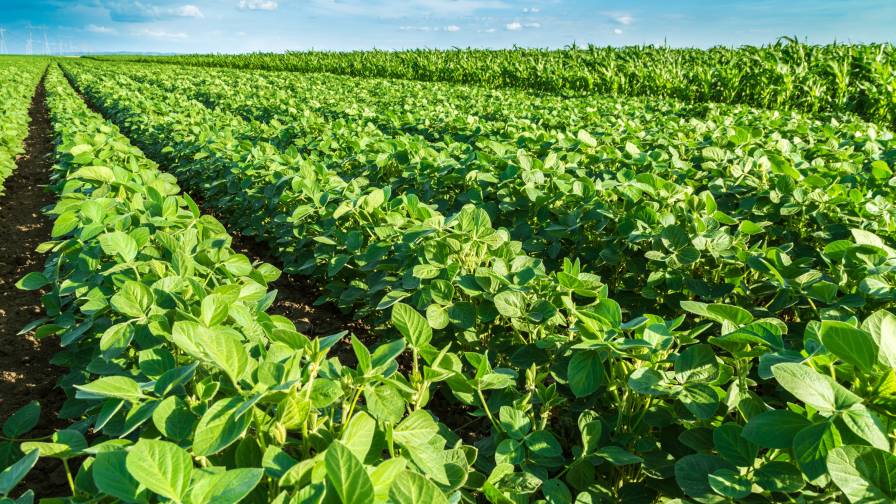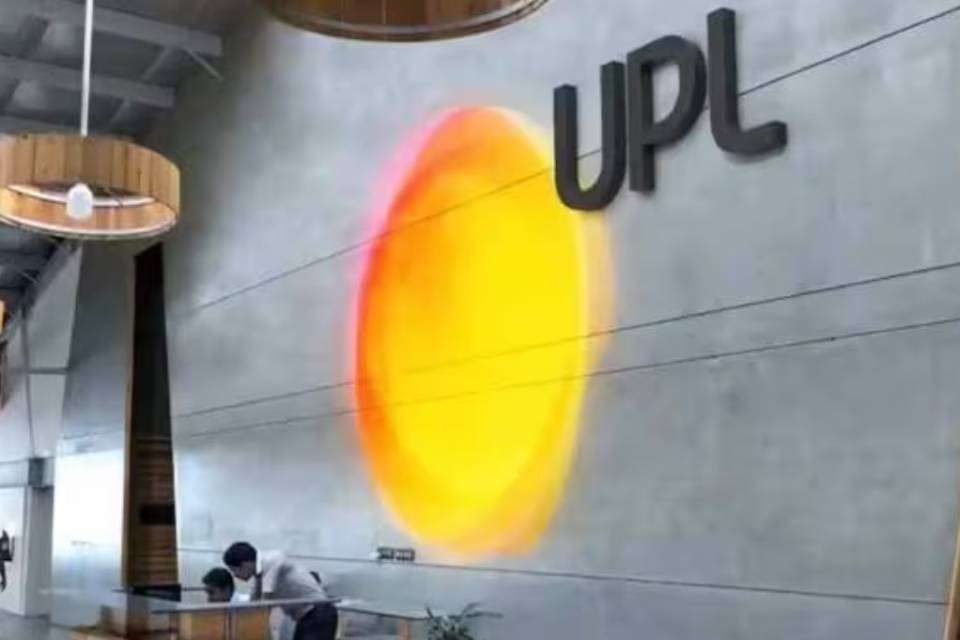AENDA’s Amanda Bulgaro Discusses International Interest in Brazil
AgriBusiness Global recently caught up with Amanda Bulgaro, who serves as the Federal Regulation Manager for AENDA (National Association of Phytosanitary Companies) in Brazil, to discuss the Bioinputs Law (Law 15.070/2024) that was sanctioned on December 24, 2024.
AENDA, alongside other associations and producers, worked to get the new law passed for expediting bioinput product registration. While the new law is moving the industry forward in Brazil, other changes like the Brazilian Tax reform, are bringing setbacks. Bulgaro shared insight on AENDA’s role and vision for the Brazilian crop protection industry in this exclusive Q&A with AgriBusiness Global.

Amanda Bulgaro
ABG: What sort of developments are you seeing in the international crop protection market that are affecting Brazil?
Amanda Bulgaro: We are seeing a lot of investment from companies to develop new co-formulants for their products to increase the shelf life while not affecting the active ingredients, especially when there are bacteria or viruses in the products.
Brazilian companies are seeing new technologies registered in other countries and are figuring out how to use it.
We also monitor the discovery of new molecules for the chemical products. Another type of product that is growing, especially the demands from the farmers in Brazil, are phytochemical products.
I was recently in China visiting companies specializing in phytochemical. I was amazed by how much technology they have there. They have very different products than we can use in Brazil, because this type of product is not yet regulated to be registered, submitted, and evaluated for our regulatory agencies here. But it will be very soon, especially because of the Bioinputs law.
ABG: Is AENDA partnering with other associations like the CCPIA?
AB: We partner with CCPIA and welcome them in Brazil once a year to exchange information about the regulatory changes and new technologies in both countries.
We are always open to developing this kind of partnership with other international associations. We have contact with other Latin American associations. We are prepared to meet other associations for all the countries, especially for the U.S.A. and India.
A lot of Brazilian companies have factories in India, so we are always in contact. We don’t have any direct partnership with the Indian associations at this time. We mostly watch country developments using the news and other companies.
As an association, we are very open to exchanging information, because this kind of contact only brings opportunities to companies from both countries to create a regulatory system with achievable requirements.
ABG: Are you finding a lot of Chinese companies wanting to bring biological products into Brazil?
AB: From China, they have their microbiological products for pest control. We’ve seen companies come to Brazil that not only have chemical products in their portfolio, but also microbiological products, offering different products than we have in Brazil. What I’m seeing the most are the phytochemical products, used for pest control and as bioinoculants to increase yields.
ABG: What does AENDA hope to accomplish for the rest of 2025?
AB: In eight years, we have grown from 20 associates to 60. We are growing with hard work and dedication. We work with farmers, chemical companies, government, and biological companies.
Our main goal was to work on projects for the agrochemical sector. Building these partnerships with companies, growers and government, all with different interests was very good, not only for AENDA, but to see the communal growth of these entities working together.
We will seek this type of strategy for the rest of 2025.
Other work is to provide regulatory support and trainings not only for our members, our associated companies.
ABG: What are the biggest challenges that you see for 2025 for the biological companies and chemistry crop protection companies in Brazil?
AB: I think in the next two to three years, the market will start to stabilize. The main challenge is that we will have, especially for the chemical products, a new tax reform, the Brazilian Tax reform.
This tax reform will affect the pesticide sector because it will directly affect the cost of production of formulated products. It will affect the tax incentive policies for importing raw materials.
There are concerns about how companies will adapt because it will increase the price of the production.
This price increase will get passed to the growers and then also increase the price of crops in Brazil.
We are discussing with other associations on how to participate beyond the process of talks and how we are going to prepare, as not only the association, but also how we are going to support the companies with the changes that are going to come.






